Gina Rinehart mining magnate legal showdown underway in WA Supreme Court
The legal battle between Australia’s richest woman, the rival to her father’s company, and even her children is playing out in a Perth courtroom.
What could potentially be a months-long legal clash between titans of Western Australia’s mining industry has had its first day of hearings in a Perth Court.
Opening statements were heard on Monday as Gina Rinehart’s Hancock Prospecting fends off lucrative royalty claims from the former business partners of her famous father’s company, most notably Wright Prospecting,
Wright, along with smaller WA mining outfits and the children of Ms Rinehart, are seeking a share of Hope Downs mining operations, which covers six iron ore tenements in WA’s Pilbara region.
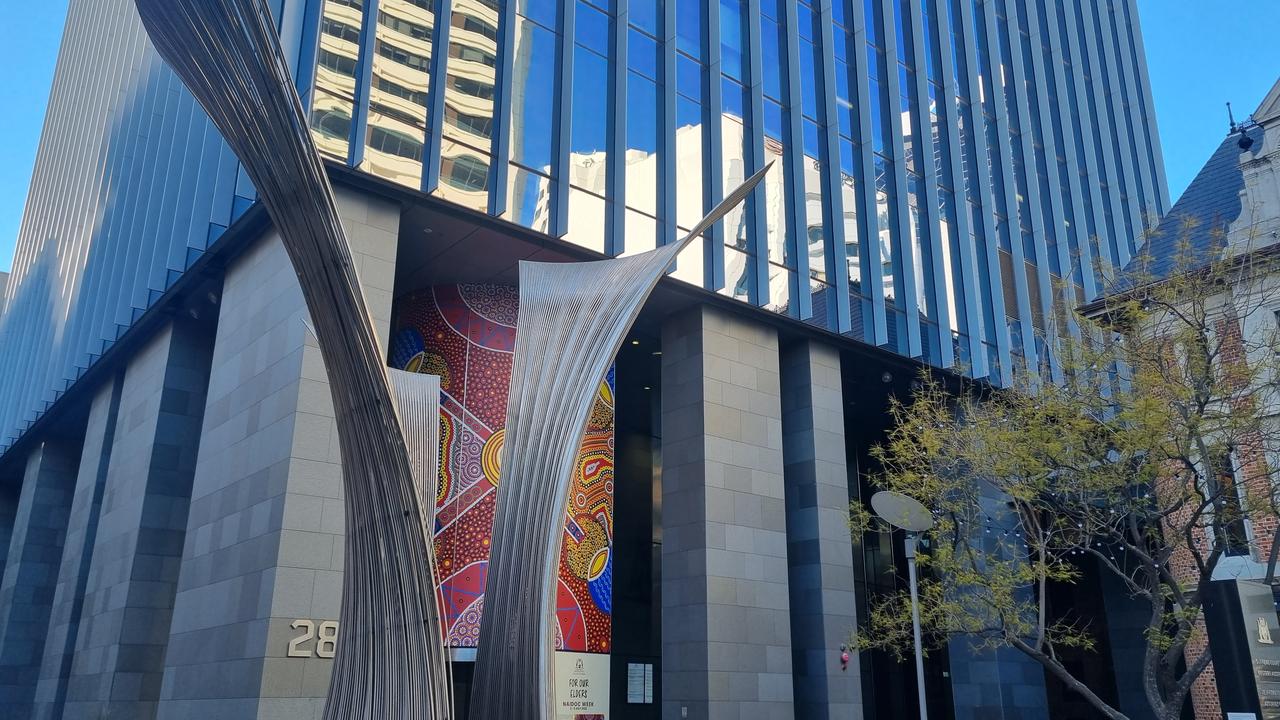
A sea of legal representatives packed out a courtroom in the WA Supreme Court on Monday for the first day of the proceedings, held in Perth’s David Malcolm Justice Centre to accommodate the sheer number of lawyers, media, and interested parties present.
Supreme Court Justice Jennifer Smith is overseeing the hearing, which is expected to run into November at the earliest.
Ms Rinehart, 69, was not present in the courtroom on Monday, nor were her eldest children John Hancock and Bianca Rinehart.
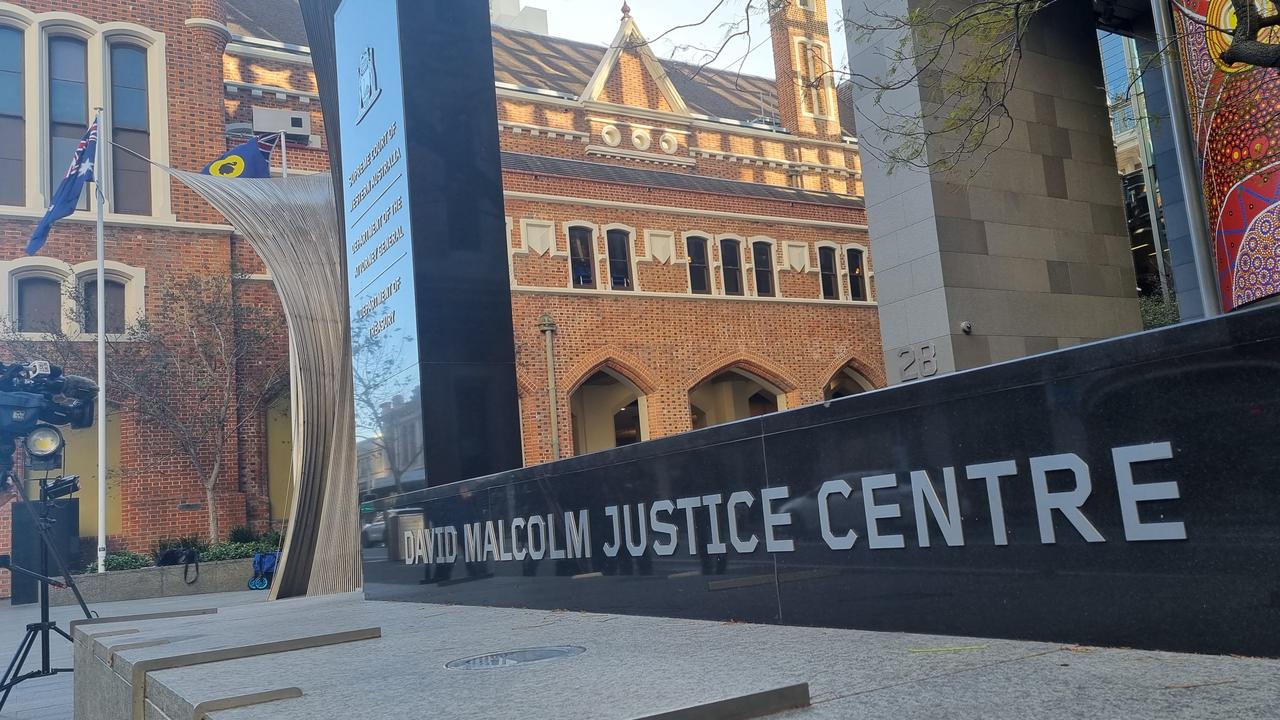
The Rinehart children have been dragged into the matter due to their own protracted legal battles with their mother over their share of Hancock profits.
Ms Rinehart has been in a lengthy legal stoush with her children over the control of the family trust, which she was granted in 2015.
It followed the death of her father and Hancock Prospecting founder Lang Hancock in 1992, which sparked yet another legal battle with Mr Hancock’s third wife Rose Porteous.
Ms Rinehart on Wednesday lost a bid to have thousands of pages of documentation relating to her conduct made confidential, which would have seen large parts of the civil case held behind closed doors.
However, the Supreme Court knocked back her application.
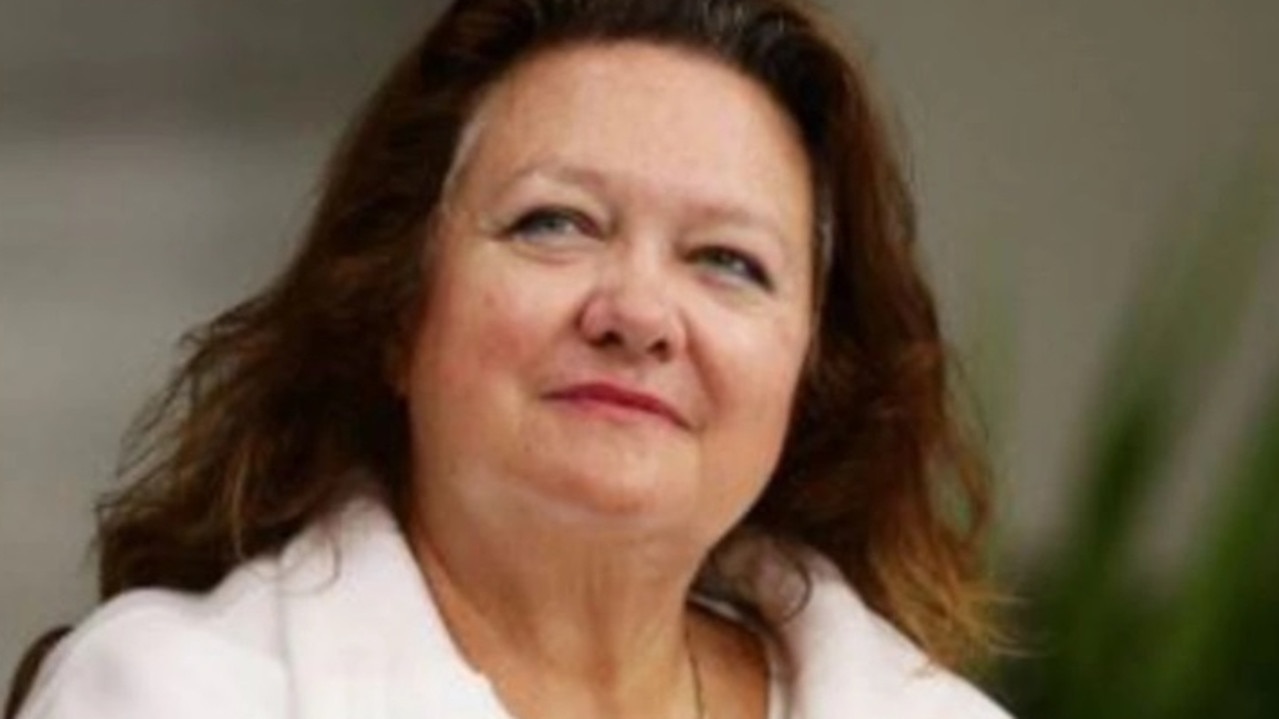
The other major player in the proceedings is fellow businesswoman Angela Bennett, the daughter of Wright co-founder Peter Wright, who argues agreements made between her later father and Lang Hancock entitle her to a share of Hancock royalties.
Like Ms Rinehart, Ms Bennett, aged in her late 70s, was not in court on Monday.
“This case turns in large measure on the proper construction of the partnership agreement,” Grant Donaldson SC told the court.
“Relevant to these proceedings is the obligation to act in the best interest of the partnership.”
Also appearing in court are representatives for the heirs to the estate of prospector Don Rhodes, whose company DFD Rhodes also has a stake in the Pilbara iron ore game.
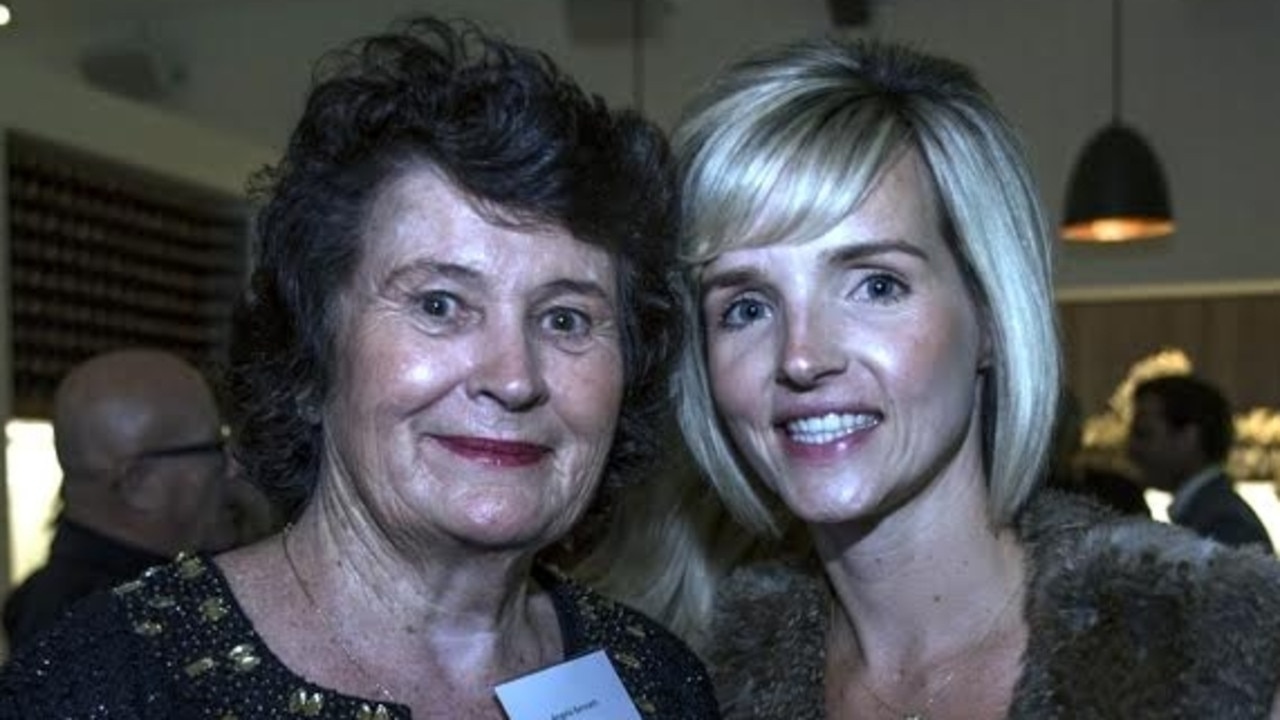
The key argument to the case, first lodged in 2013, is apparent agreements that both parties benefit equally from any profits gained from assets shared by Mr Hancock and Mr Wright‘s companies — the joint venture named Hanwright.
Much of the evidence presented in opening statements on Monday centred on correspondence between major players Lang Hancock, Peter Wright, early 1970s WA Premier John Tonkin, and his mining minister Don May.
The details of the letters and memos are technical in nature, but demonstrated Mr Hancock and Mr Lang’s efforts to lobby the WA government in order to mine iron ore deposits in the Hamersley Range, six tenements which are collectively referred to as Hope Downs.
Of the six tenements (Hope Downs 1-6), Hope Downs 4, 5, and 6 were referred to as East Angeles during the time of the correspondence.
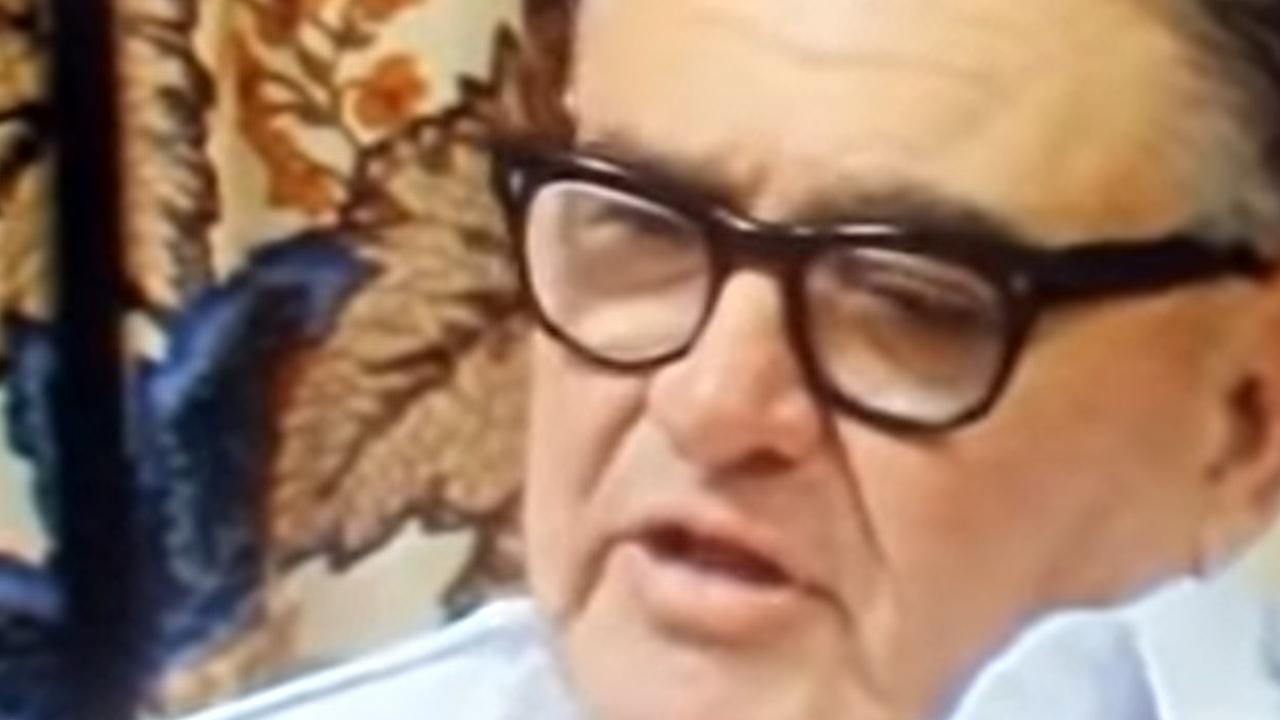
The court on Monday afternoon heard Hancock Prospecting was involved in deals with an Italian company, which nearly went ahead, but ultimately fell through.
The proposal would have seen the company provide capital in terms of mining equipment, funded through an Italian government body, in exchange for payment in the form of product.
However, such a plan never went ahead.
Documents read aloud in court after the lunch break also showed Mr Hancock was in constant contact with WA Premiers throughout the 1970s and 80s, lobbying politicians from both sides of the political divide.
It was revealed Mr Hancock, who was a known Liberal Party supporter, wanted the government of Ray O‘Connor to be beaten by Brian Burke and the Labor Party in the 1983 state election because he believed the Burke government would look more favourably on mining projects.
Hancock Prospecting and Rio Tinto co-own all six Hope Downs tenements.
Lawyers for Wright argue an agreement was made where Hancock would own Hope Downs 1-3, but any royalties generated from them would be split.
While DFD Rhodes argues earlier agreements made between Mr Hancock and Mr Rhodes also entitle his estate to a 1.25 per cent share of any royalties generated from Hope Downs.
Ms Rinehart’s net worth sits at a staggering $36bn, making Ms Rinehart the richest woman in Australia.
More Coverage
She is executive chairman of Hancock Prospecting, which runs the flagship Roy Hill Iron Ore Mine.
Projects at Hope Downs, near Newman, pull about 45m tonnes of iron ore from the ground each year.
The case continues.





